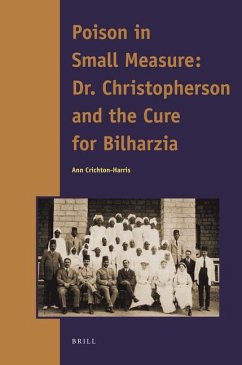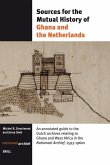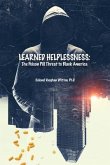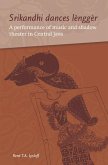In 1917, in Khartoum, Dr. J.B. Christopherson experimentally treated seventy bilharzia patients with injections of antimony tartrate, an early chemotherapy. His was the first successful treatment. Antimony had never been tried on bilharzia patients before, or so he believed. This biography examines the turbulent life of this medical pioneer, his fight for priority and his struggle for professional survival amid the politics of exclusion in General Wingate's Sudan. His was a career full of paradoxes: acclaimed for intercepting a smallpox outbreak, building a hospital and satellite clinics, he battled accusations and removal as director of the Medical Department. From the Boer War, two decades in Sudan, his capture and release in Serbia to his time in France in WW1, controversy seldom left him.
Hinweis: Dieser Artikel kann nur an eine deutsche Lieferadresse ausgeliefert werden.
Hinweis: Dieser Artikel kann nur an eine deutsche Lieferadresse ausgeliefert werden.








